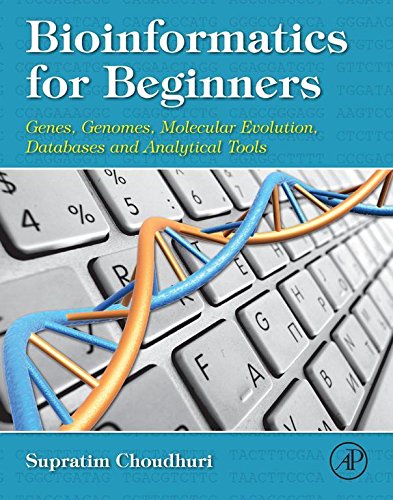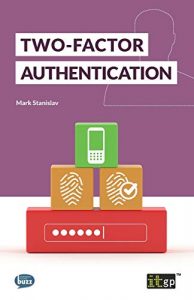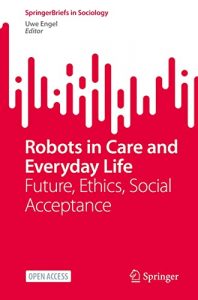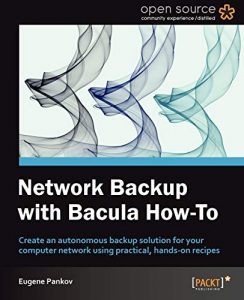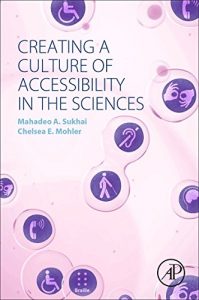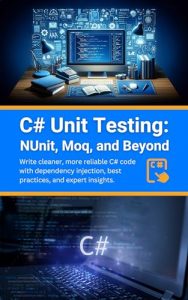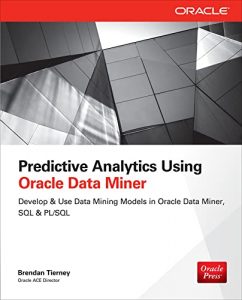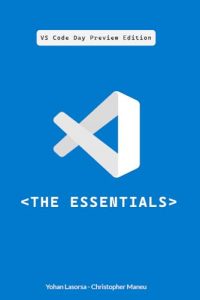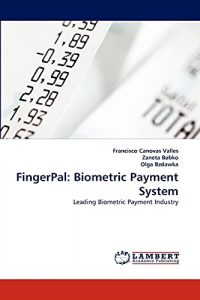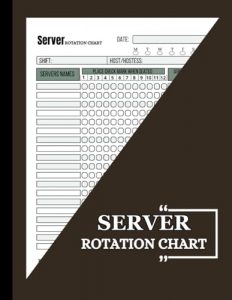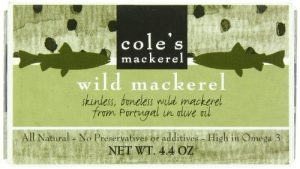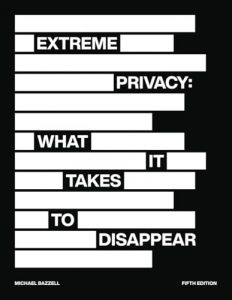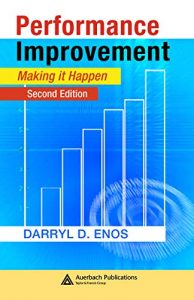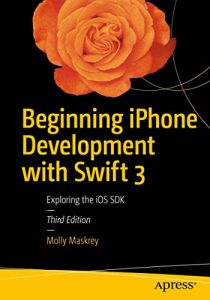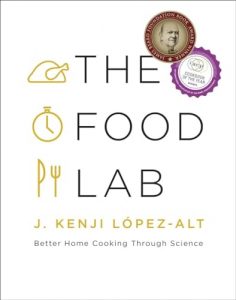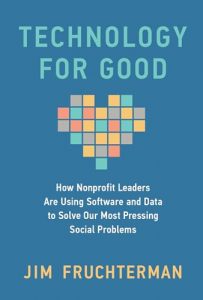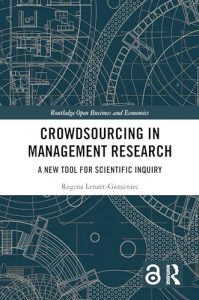Dive into the World of Bioinformatics: Essential Reads for Every Scientist
Bioinformatics is revolutionizing the way we understand biological data, and this blog post highlights must-read books that are perfect for both beginners and experienced researchers in the field. Whether you’re looking to enhance your skills or gain a comprehensive understanding of computational biology, these books are invaluable resources. Each selection not only offers theoretical insights but also practical tools that can significantly benefit your research.
1. Bioinformatics for Beginners: Genes, Genomes, Molecular Evolution, Databases and Analytical Tools
This book by Supratim Choudhuri serves as a solid foundation for anyone new to bioinformatics. Covering a broad range of topics such as molecular evolution and data analysis tools, it is ideal for beginners. The text is precise yet comprehensive, allowing readers to grasp complex concepts with ease. The structure lends itself well to self-study, making it easy to reference as you navigate through your bioinformatics journey.

2. Computing Skills for Biologists: A Toolbox
Stefano Allesina and Madlen Wilmes provide a practical guide with “Computing Skills for Biologists”. This toolbox is filled with essential coding skills tailored for biologists. As computational biology becomes increasingly important, this book equips readers with necessary programming skills that enhance data analysis and interpretation in biological research. A must-read for those looking to immerse themselves in computational methods.

3. Genomics and Bioinformatics: An Introduction to Programming Tools for Life Scientists
Tore Samuelsson introduces essential programming tools that every life scientist should know in “Genomics and Bioinformatics”. The book demystifies programming within the context of genomics, allowing scientists to leverage these skills effectively in their research. With user-friendly explanations, this book is beneficial for anyone looking to integrate programming knowledge into their scientific toolkit.

4. Computational Immunology: Models and Tools
Josep Bassaganya-Riera tackles a modern and vital aspect of bioinformatics in “Computational Immunology”. This book presents models and tools designed to enhance our understanding of the immune system through computational simulations. The insights provided can lead to significant advancements in immunological research, making it a key resource for bioinformaticians focused on the immune response.

5. Systems Biology Modelling and Analysis: Formal Bioinformatics Methods and Tools
Elisabetta De Maria offers an extensive review of bioinformatics methods in “Systems Biology Modelling and Analysis”. The book emphasizes formal methods suitable for system modeling, providing a revolutionized perspective on analyzing biological systems. It’s an invaluable text for researchers looking to apply rigorous computational methods in systems biology.

6. Bioinformatics: Algorithms, Coding, Data Science And Biostatistics
With a timely focus on algorithms and data science, Rob Botwright’s “Bioinformatics: Algorithms, Coding, Data Science And Biostatistics” is crucial for those wanting a deeper dive into data handling and statistical methods in bioinformatics. The book employs real-world examples, making complex topics accessible and applicable.

7. Bioinformatics Software Tools: A project – High Diploma In Information Technology /Web Site Technology
Muataz Adnan Harhoosh and Buthainah f. AL-dulaimi present an intriguing examination of software tools with their book “Bioinformatics Software Tools”. The emphasis on practical applications makes it a great resource for students and professionals alike, providing insight into current tools and technologies vital for navigating bioinformatics projects.

8. Analysis of Flavadoxin Protein of Streptococcus Species using Bioinformatics Tool
This concise yet insightful work by Vidit Jindal et al. provides a practical exploration of protein analysis utilizing bioinformatics tools. Priced affordably at $5, it serves as a great introduction to practical applications of bioinformatics in microbiological research and can inspire potential researchers to delve further into the topic.

9. Bioinformatics Tools for Pharmaceutical Drug Product Development
In a rapidly evolving field, Vivek P. Chavda et al. delve into drug development processes with their comprehensive text “Bioinformatics Tools for Pharmaceutical Drug Product Development”. The book elucidates the importance of bioinformatics tools in pharmaceutical research, emphasizing software tools that can streamline drug development initiatives. A necessary read for aspiring pharmaceutical researchers.

10. Bioinformatics Tools – A Comprehensive Analysis: Bioinformatics
Noha Talal Zelai presents a thorough analysis of bioinformatics tools in this pivotal book. Covering a variety of software applications and tools, the comprehensive nature ensures readers are well-prepared to tackle diverse challenges in bioinformatics. The emphasis on tools makes it suitable not only for researchers but also for software developers.


